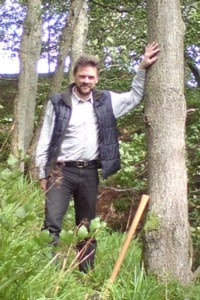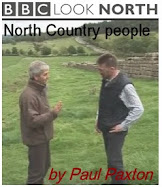 How to account for things that are invisible is always tricky, as priests would no doubt testify, and in some respects archaeologists have a comparable problem to religions, in that what we are asking you to comprehend and visualise happened a long time ago. However, archaeologists, unlike priests, are happy to admit (if pushed) that what we are asking you believe is an educated guess, even if, as often the case, we have a story and we’re sticking to it with almost religious zeal.
How to account for things that are invisible is always tricky, as priests would no doubt testify, and in some respects archaeologists have a comparable problem to religions, in that what we are asking you to comprehend and visualise happened a long time ago. However, archaeologists, unlike priests, are happy to admit (if pushed) that what we are asking you believe is an educated guess, even if, as often the case, we have a story and we’re sticking to it with almost religious zeal.
For British prehistory the problem is that some significant pieces of the visual jigsaw have been destroyed forever, and they have become ‘archaeologically invisible’. I can tell what the woods and the trees looked like -- I have photos that must be fairly close – but the evidence for the human part, particularly the built environment where human life is played out, is somewhat sketchy.


















